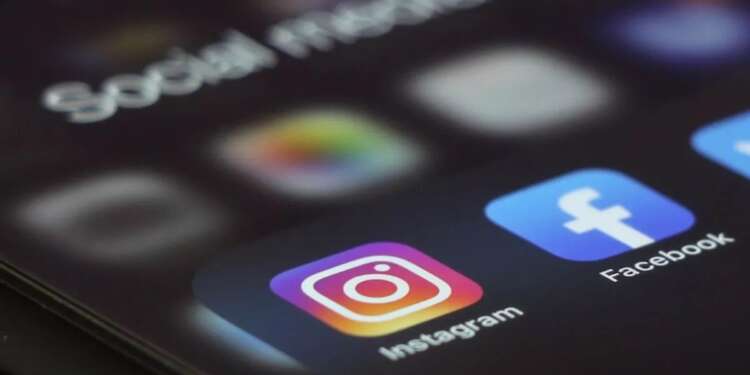The Australian government has introduced a bill in the parliament aimed at banning social media for children aged under 16. The legislative framework attracted broad attention early this month when Prime Minister Anthony Albanese announced the government’s plans to curb child social media use.
The measures may entail an age-verification system including biometrics or official identification by the government to prevent children from accessing social media. The bill does not allow for parental consent, hence making it one of the most prohibitive pieces of legislation involving children and social media.
The bill, if passed into law, will have no exemption for child accounts that already exist across the country. PM Albanese has termed the bill “a landmark reform”, saying the government is aware that some minors will still find ways to bypass the restrictions, but the objective of the bill is to warn social media companies to “clean up their act”.
Children, however, will have access to online gaming, messaging, platforms focused on health and education, as well as YouTube, according to the prime minister. Social media apps that could be impacted by the restrictive legislation include Facebook and Instagram, owned by Meta Platforms; TikTok by ByteDance; billionaire Elon Musk’s X; and Snap’s Snapchat.
“For too many young Australians, social media can be harmful,” Australia’s Communications Minister Michelle Rowland said in the parliament on Thursday. “Almost two-thirds of 14 to 17-year-old Australians have viewed extremely harmful content online, including drug abuse, suicide or self-harm.”
Under the proposed law, social media companies could be fined up to $32 million for systemic violations. The bill had drawn strong criticism from its opponents at the time it was announced, including from the Digital Industry Group (DIGI), which represents Meta, Google, X, and other social media platforms as members.
“Rather than blocking access through bans, we need to take a balanced approach to create age-appropriate spaces, build digital literacy and protect young people from online harm,” DIGI had said in a statement.





